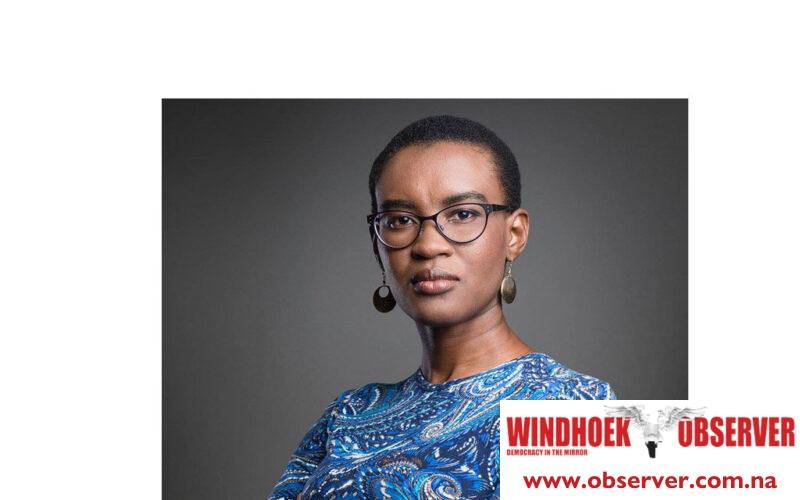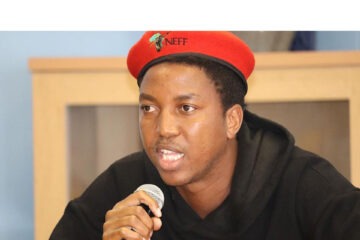Niël Terblanché
The upcoming Presidential and National Assembly elections are shaping up to be the most fiercely contested in Namibia’s history.
With the introduction of new political entities and the resurgence of smaller parties since the last general elections in 2019, the political landscape is brimming with anticipation and strategic alliances.
The ruling Swapo Party, its chief adversary, the Popular Democratic Movement (PDM), and the Independent Patriots for Change (IPC) will each be fielding a presidential candidate, maintaining the tradition of direct competition among the major players.
However, a notable shift is occurring among the smaller parties, which are opting for a unified front in support of an independent candidate, signalling a strategic departure from past electoral tactics.
In an unprecedented move, the Namibia People’s Organization (NAPO), the National Empowerment Fighting Corruption (NEFC), and the United Patriotic Movement (UPM) have decided not to nominate their presidential contenders.
Instead, these parties threw their support behind Ally Angula, an independent newcomer to the presidential race.
The new direction in party support demonstrates a collaborative approach aimed at consolidating opposition strength.
This year’s elections will also witness the dissolution of the five-year alliance between the UPM and the PDM, which currently holds 16 seats in the National Assembly.
This split could redefine the political balance and influence the distribution of opposition votes.
Further stirring the political pot wis Job Amupanda’s Affirmative Repositioning (AR) movement, which is open to backing the IPC’s and Panduleni Itula’s presidential bid, contingent on reciprocal support for Amupanda’s campaign to reclaim the mayoralty of Windhoek.
This potential alliance highlights the tactical manoeuvring that will define the pre-election period.
Adding to the dynamic shifts, the Christian Democratic Voice (CDV), with a single seat in parliament, has experienced an internal division leading to the departure of its secretary-general, Bishop Festus Thomas, who has now established the Body of Christ Party (BCP).
With seventeen political parties participating, this year’s election is set to be the most crowded in Namibian history.
The increase in participants comes despite the Electoral Commission of Namibia’s (ECN) recent deregistration of three dormant parties, further emphasizing the vibrancy and fluidity of Namibia’s political scene.
As the election approaches, the realignments and new alliances among Namibia’s political parties are clear evidence of the evolving strategies and the heightened competition for leadership within the country.




